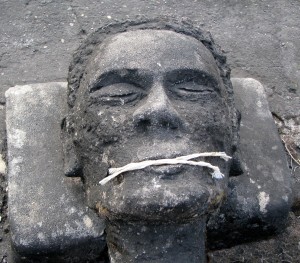Inspiration:
You have the right to remain silent – but you also have the right to speak out.
We Honor …
Unitarian Julia Ward Howe, who became famous for writing the words to “The Battle Hymn of the Republic.” However, although the “Battle Hymn” was her most famous piece of writing, she ended up feeling embarrassed that people knew her for this song which made war seem very noble and wonderful. She wrote the “Battle Hymn” during the U.S. civil war, and was dedicated to the cause of freeing the slaves. However, she also saw the terrible cost of war—the killed or injured soldiers, the families who had to manage without loved ones, the homes and farms that were destroyed. When she saw war break out again, this time in Europe, she began speaking out on the horrors of war, as well as working for the rights of women and Arfican-Americans. In 1872 she wrote a stirring call for women to demand peace and established a yearly Mother’s Peace Day as a way for women to work for peace. Mother’s Day has since become a more general holiday honoring mothers (you can find out more about its history under the Mother’s Day link above), but we still remember Julia Ward Howe, who believed so strongly in the ability of women to change the world for the better.
If you’d like to learn a lot more about Julia Ward Howe, including her difficult marriage to Unitarian reformer and educator Samuel Gridley Howe, click here.





